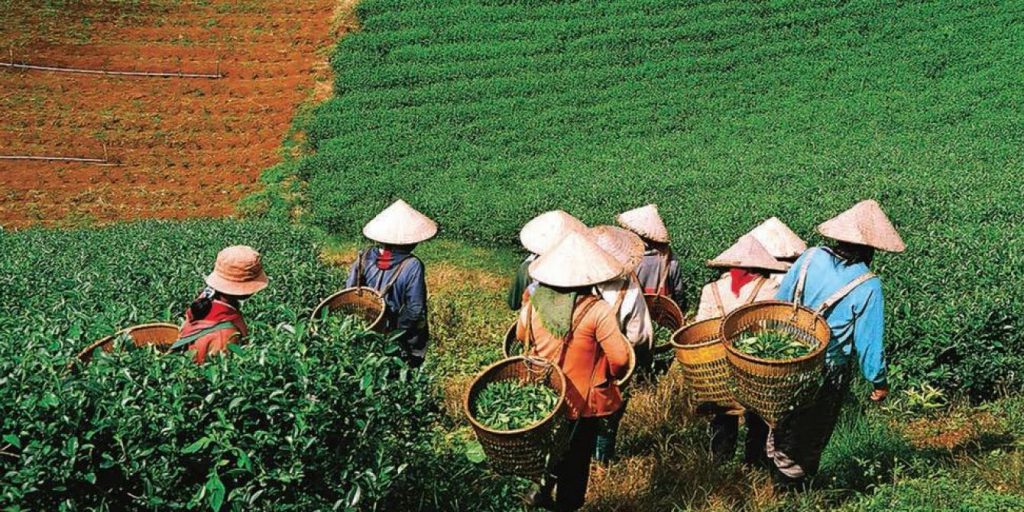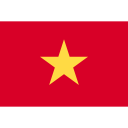Strictly doing traceability for Vietnamese agricultural products is the right advice in the real situation because many markets around the world are increasingly demanding for Vietnamese goods. Among them are fastidious markets such as EU, US, Japan,… and even the Chinese market.
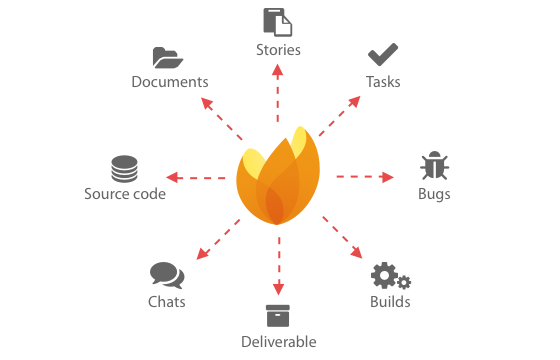
China is no longer an easy market
According to information from the General Department of Vietnam Customs, in the first 9 months of 2019, the agricultural export turnover of vegetables, cashews, pepper, tea, coffee, rice, cassava and cassava products, rubber decreased by 7.9% compared to the same period in 2018. China is the main country that import our agricultural products, which decreased by 10.6% compared to the same period in 2018. For example, fruits and vegetables which is exported to the Chinese market decreased by 13.5% compared to the same period in 2018. The decline in agricultural products which exports to China has proved that this market has changed to become more draconian. The change of China’s import policy is inevitable because of the increasing demands of consumers, they not only want to eat fully, eat well but also must be clean and quality,… these requirements are all the general trend of developed countries because as the income increases, so does the demand.
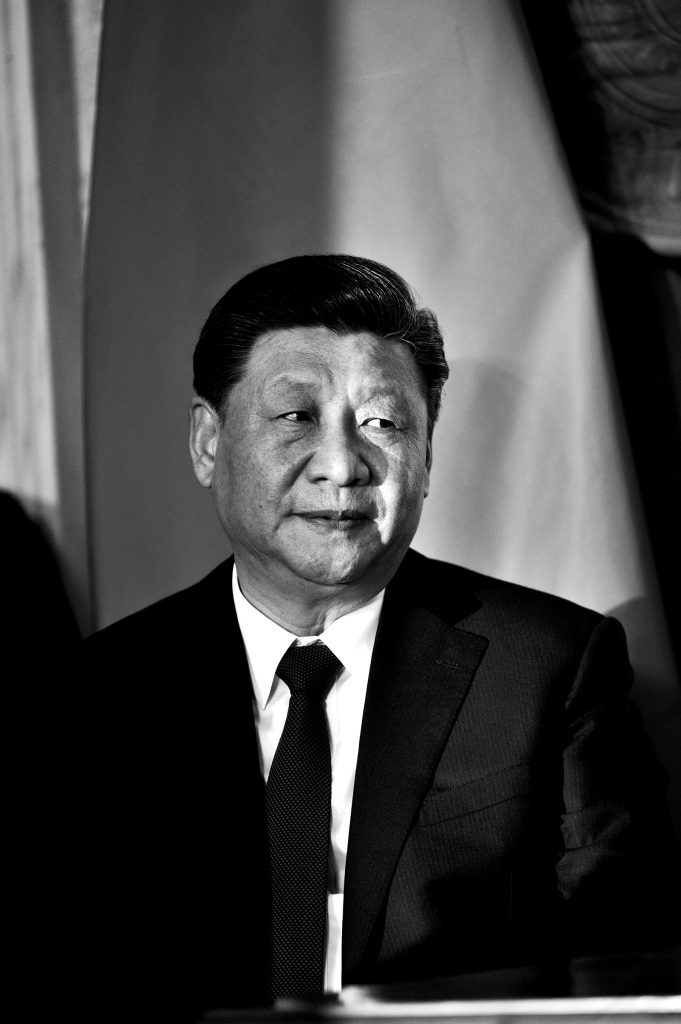
Challenges
To access and penetrate into the Chinese market requires businesses have to meet the market’s traceability standards, reorganize production, and understand market rules. In the long run, if businesses do not change their production mindset, sooner or later they will be eliminated because they do not meet the general requirements of the market. There are still many businesses locked themselves in safe areas with poor quality production method. If they don’t change, it will be difficult to find a stable output.
Currently, there are many agricultural and aquatic products for export. However, having the product is only half of the story, the other half is how to circulate widely these products? To do that, businesses first need to identify what is the target market that they aiming at? What do they require about the product? How can you meet those requirements? If you met the require, what would the procedure be like? Why do markets have rules for Traceability…?
When the water pipe gets stuck something inside and cannot be circulated, we must have react solution to fix it, if it is impossible to clear the stuck points, the water pipe will be broken and cannot be used. It is similar to the fact that if we don’t actively seek the way out for agricultural products, it will come to us as be eliminated from the development current of the market.
Traceability is an urgent requirement
We are used to thinking that China as an easy market. Therefor, when China began to strictly control import regulations, we don’t know what to do. In the first 9 months of 2019, agricultural export turnover fell when China tightened traceability requirements. This is both a warning and a wake-up call for businesses to produce more responsibly, invest in better quality products, quality packaging, labels, as well as traceability requirements.
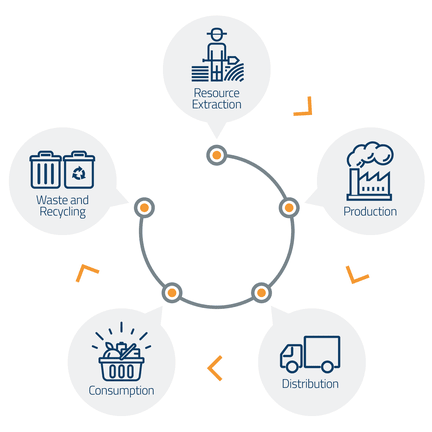
Strict requirements on traceability for Vietnamese agricultural products are inevitable
In this context, the role of the Government is very important. The Ministry of Agriculture & Rural Development must have a solution that can impart information easy to understand to farmers about product standards, farming techniques, traceability requirements as well as food safety… This is especially important, as more and more farmers understand what they are doing, they will begin to spread that knowledge to many other farmers… This spreading will create a new platform for agriculture from basic point is farmer. In this complex context, the most important thing is the ability to organize. If farmers have the chance to change the mindset, we aren’t afraid that agriculture will not develop because the farmers are the main foundation of products.
